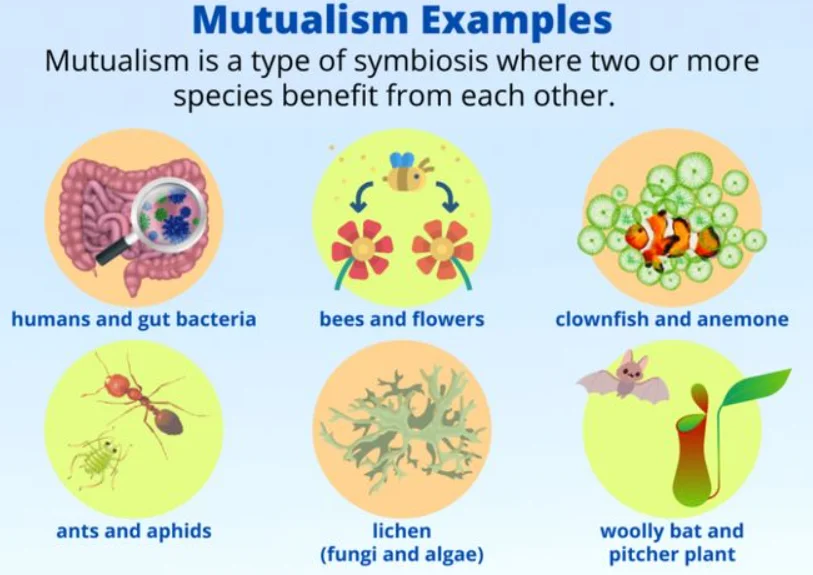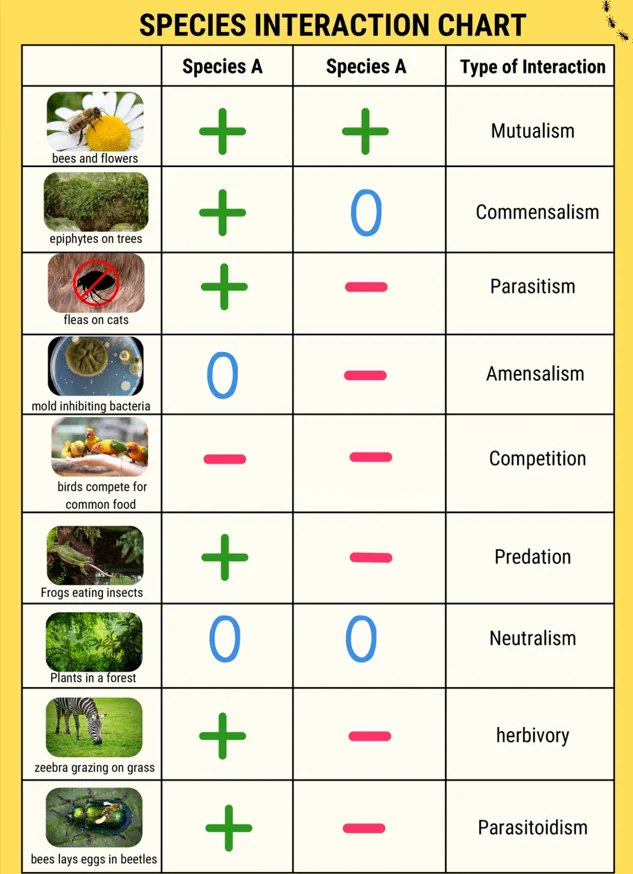Rapid Fire
India Joins Global Research on Dolphin–Fisher Mutualism
- 18 Nov 2025
- 2 min read
The University of Kerala, in collaboration with international researchers, has launched a multi-year research project (2024–2028) to study the rare cooperative fishing behaviour (mutualism) between Indo-Pacific humpback dolphins and artisanal fishers in Ashtamudi Lake, Kerala.
- Mechanism: Indo-Pacific humpback dolphins (Sousa plumbea) signal dense fish shoals with tail-slaps or rolls, helping fishers cast nets at the right moment for maximum yield, while the scattered fish become easier for dolphins to catch.
- Mutualism: It is a long-term association between two species where both benefit—such as through food, protection, pollination, seed dispersal, or shelter.
- Indo-Pacific Humpback Dolphins: They are known for their distinct hump and elongated dorsal fin, inhabit shallow coastal waters across Australia, Africa, and Asia.
- The group comprises four species, with S. teuszii—and S. chinensis—listed under Appendix I and II of the Convention on the Conservation of Migratory Species of Wild Animals (CMS).
- It is listed as Endangered by IUCN.
Ashtamudi Lake
- About: It is a Ramsar site in Kollam district, one of Kerala's largest lakes and regarded as the gateway to the backwaters.
- The name 'Ashtamudi' means 'eight braids' in Malayalam, derived from its unique eight-armed or branched shape.
- Geography: It is fed by several rivers including the Kallada River, drains into the Arabian Sea, and is surrounded by mangroves, coconut palms, and lush greenery..
- Biodiversity: Bird species like kingfishers, herons, egrets, and cormorants inhabit the wetlands. Kallada River serves as a breeding ground for pearl spot fish (karimeen).
| Read More: Addressing Pollution in Ashtamudi Lake |








